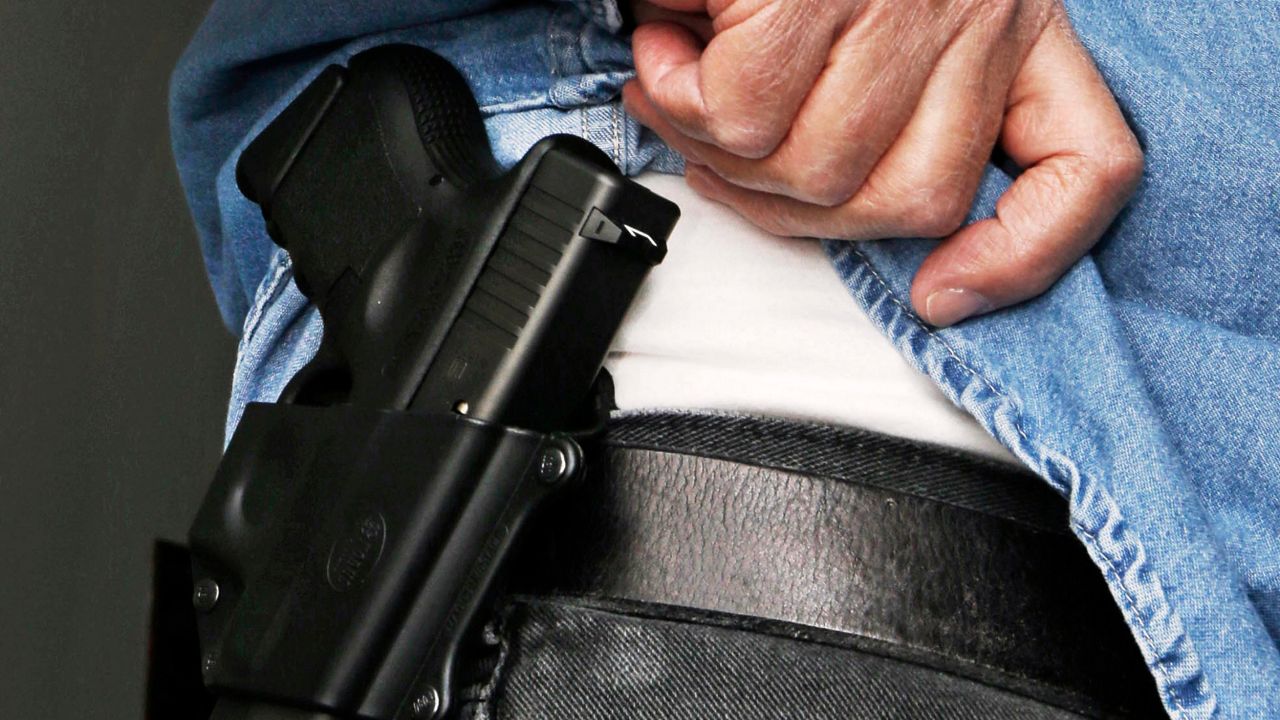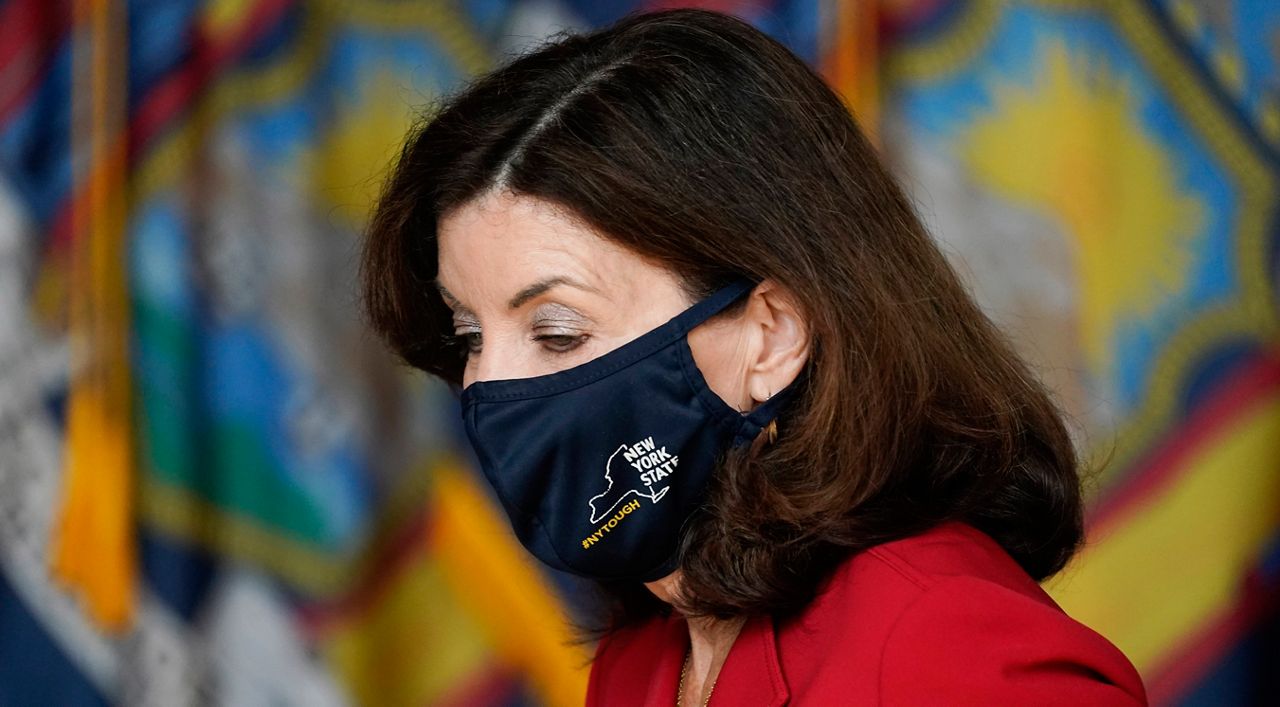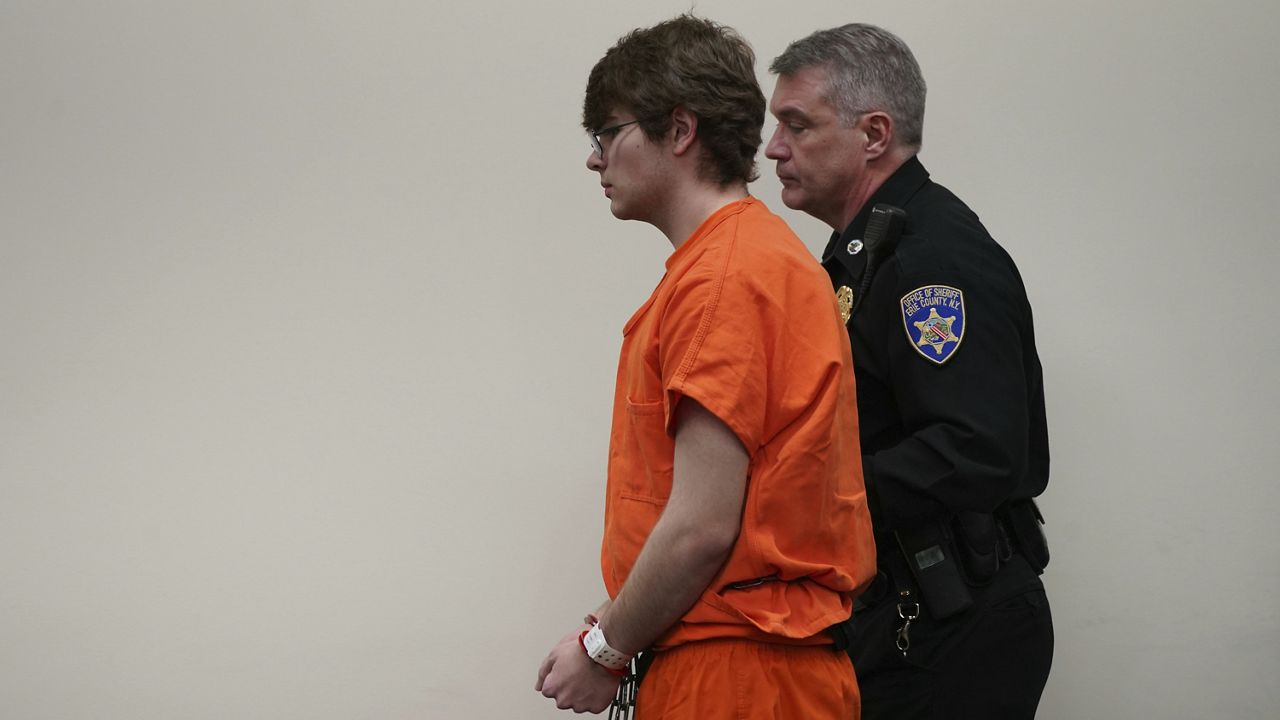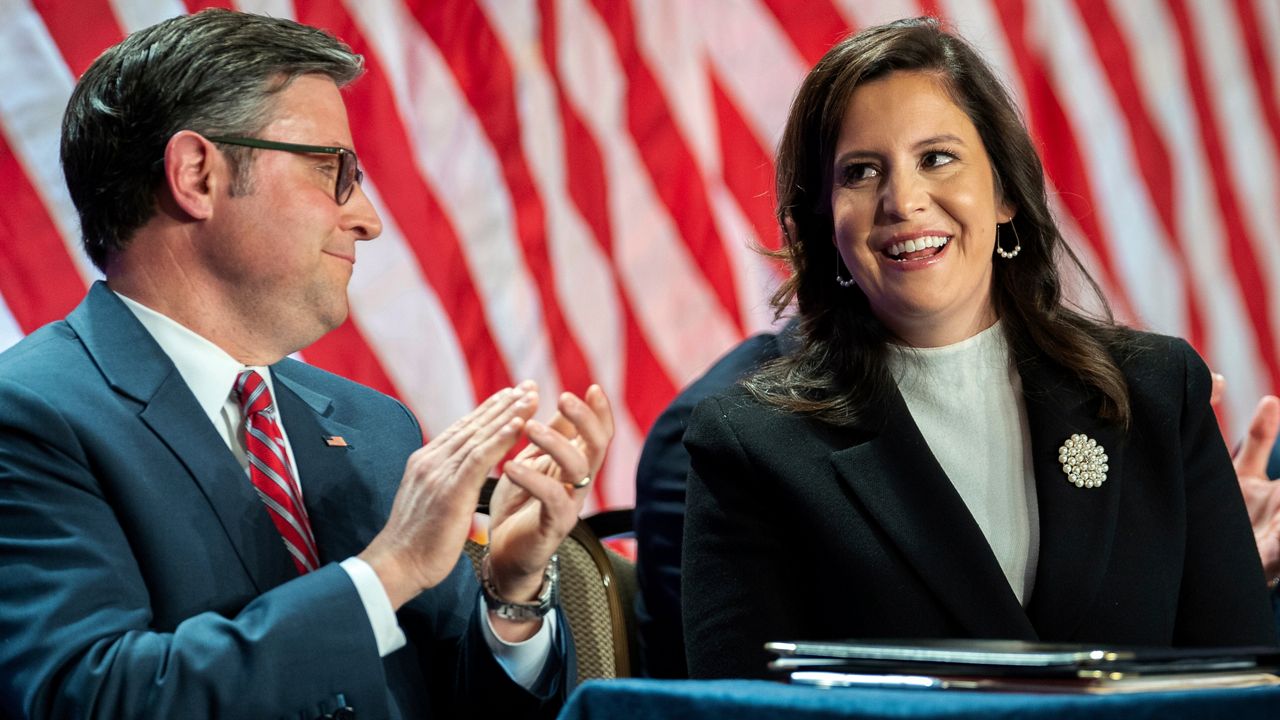The first of what is expected to be multiple legal challenges to the recently approved gun law changes for concealed carry was filed this week in federal court as both sides brace for legal battles over the measures.
The challenge to the law was filed by Republican businessman and congressional candidate Carl Paladino, who challenged the provison's requirement that businesses must affirmatively declare firearms are welcomed in their establishments.
Paladino's legal complaint called the measure "patently unconstitutional for the state to require citizens to seek permission" from a buisness or property owner before entering.
The lawsuit is not expected to be the final legal challenge to the gun law as several organizations have signaled intentions to sue.
Gov. Kathy Hochul during a news conference in New York City on Tuesday said the measure will withstand the legal scrutiny.
"We worked very intentionally with top legal minds around this country to craft legislation working with the Legislature to ensure it met all constitutional requirements and thresholds," she said. "We passed a law we believe is constitutionally sound and we will defend it."
New York state lawmakers last month approved a package of gun law changes in the wake of a Supreme Court ruling that eased the state's century-old law on concealed carry for firearms. The law restricts guns in parks, educational institutions and mass transit.
New permitting requirements for concealed carry will also be put in place that will include training, as well as require the locked storage of guns in cars.
Driving the changes were concerns of the spread of guns in parts of New York amid heightened concerns over crimes involving firearms and the proliferation of illegal guns flowing into the state.
"We had to respond quickly because otherwise there would be chaos," Hochul said on Tuesday.
The changes dovetailed with a package of gun law changes approved in May, when lawmakers and Hochul agreed to require the licensing of semiautomatic rifles in New York, bumping up the age requirement for possession from 18 to 21 and expanding the state's red flag law.








